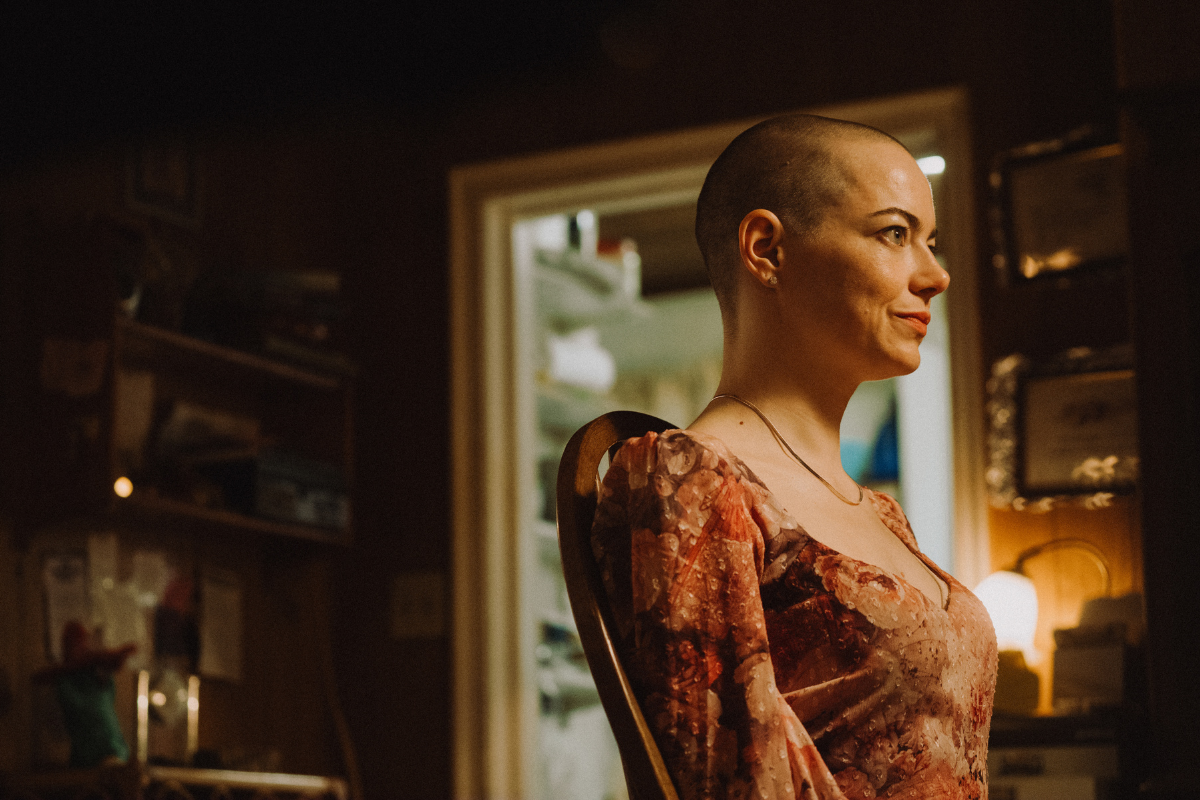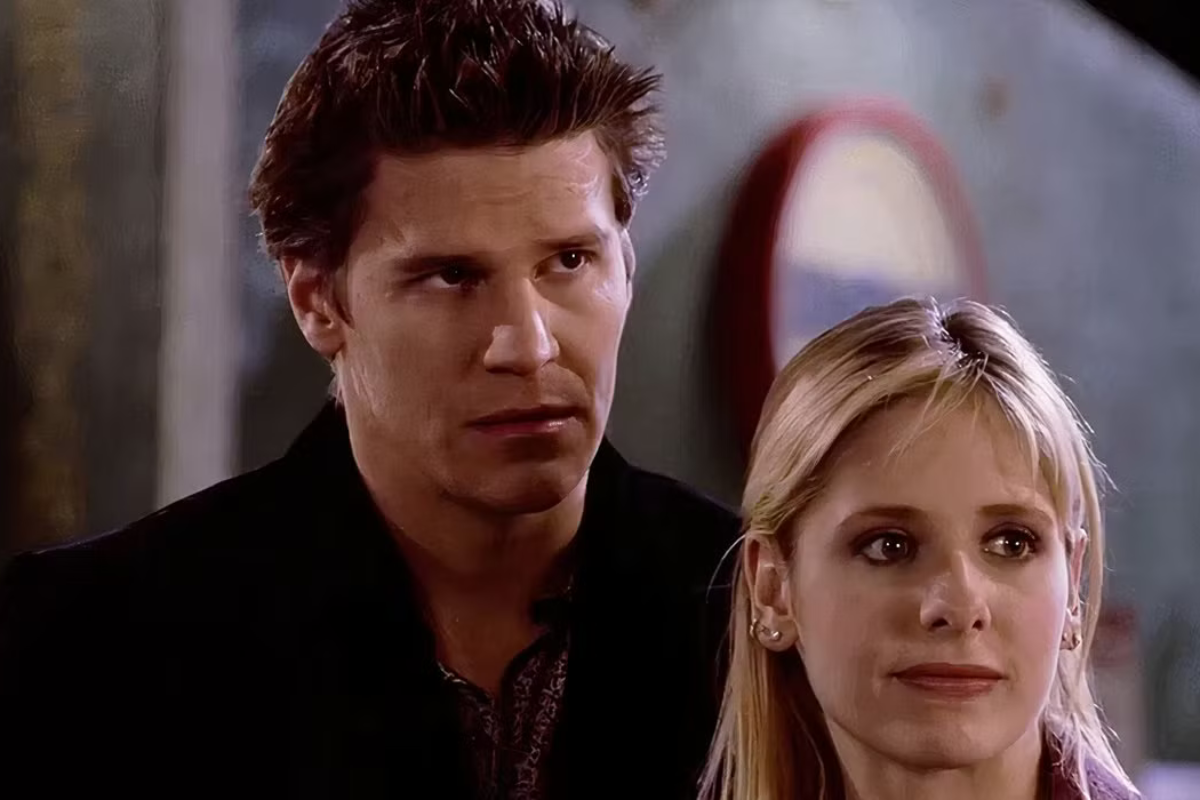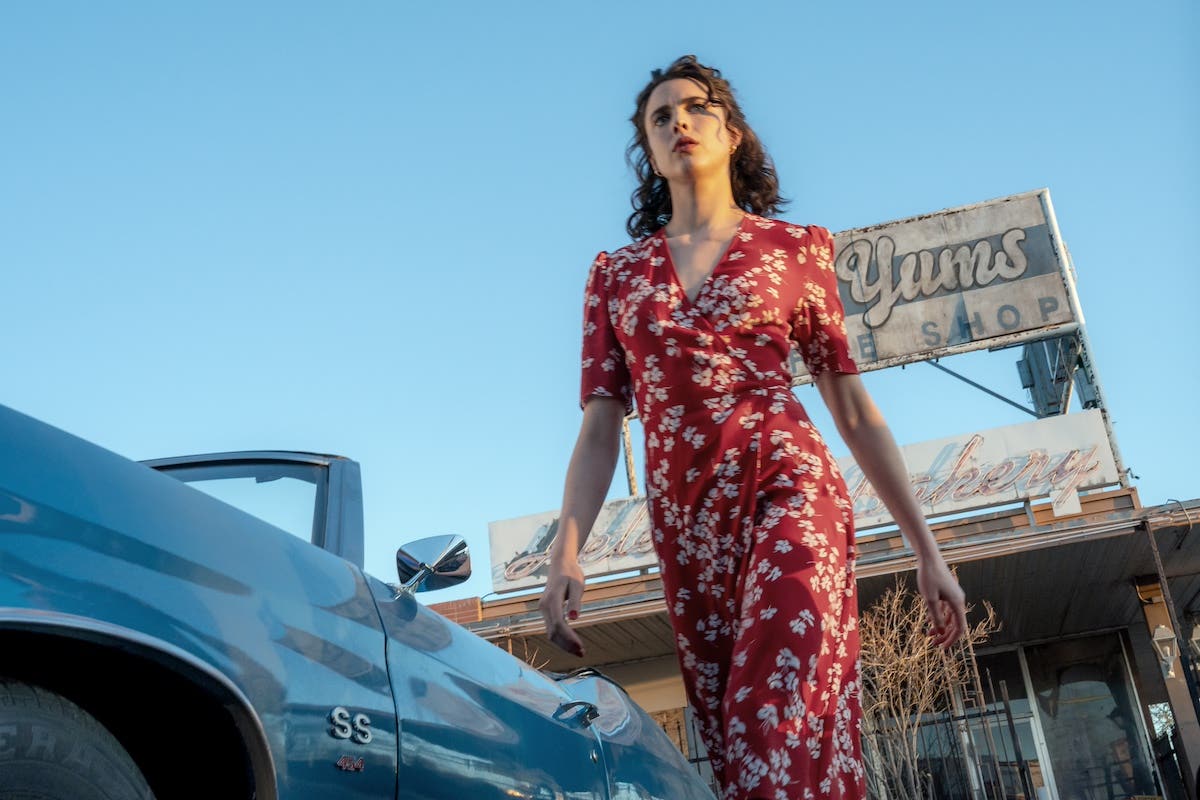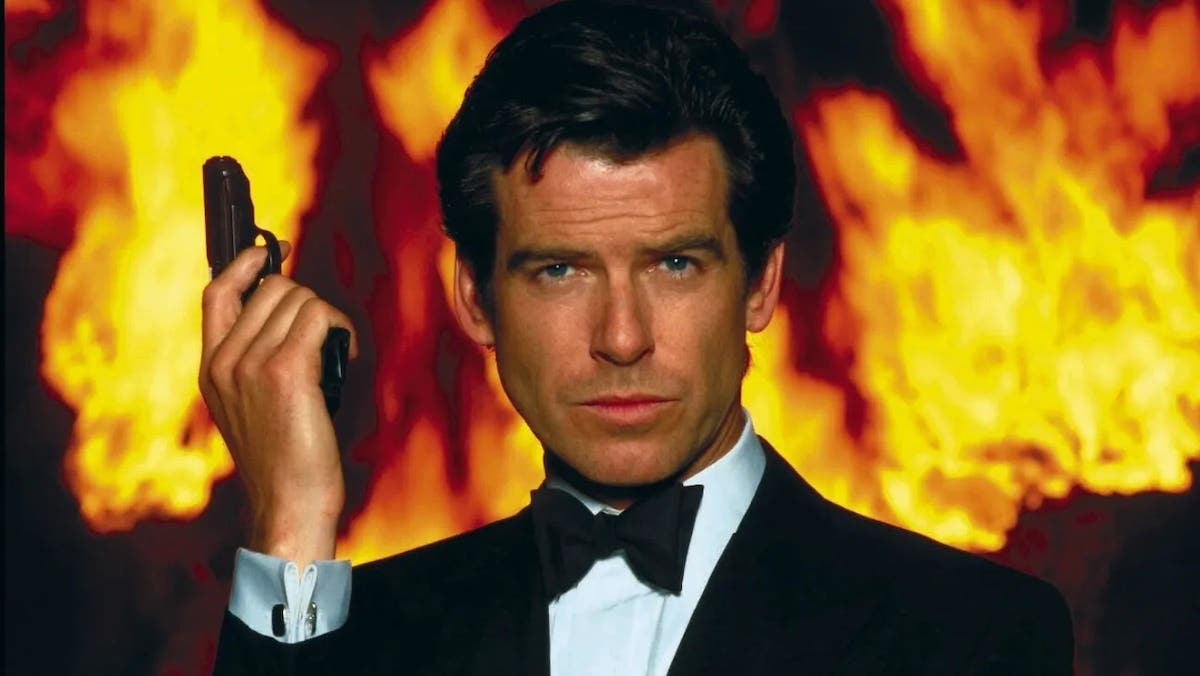Behind the Lines with DR: Red Lines and Popcorn
Doug Richardson’s first produced feature was the sequel to Die Hard, Die Harder.Visit Doug’s site for more Hollywood war stories and information on his popular novels. It was around the…
Doug Richardson's first produced feature was the sequel to Die Hard, Die Harder.Visit Doug's site for more Hollywood war stories and information on his popular novels.
It was around the time of last year’s Golden Globes when Dylan Farrow (daughter of Mia Farrow) went and stirred up some public stink around film icon Woody Allen. Dylan alleged then and to this day that when she was eight, Woody Allen molested her. A heinous charge which some took seriously. Others not so much. There is, after all, no actual proof of a crime. Just a young woman’s horrible memories and her words versus one of the most famous and lauded filmmakers in the entire universe.
Red lines and popcorn. I recall taking to Twitter and posting something that essentially stated that it had been years since I’d patronized a Woody Allen film, or for that matter, anything produced or directed by Roman Polanski. It was a strangely confessional tweet and I hadn’t planned for it to garner more than a few reactions from some like-minded followers. And on that point I was right. But there were a few others that surprised me. And one in particular that stuck with me.
“What am I supposed to do?” asked the angry follower (though you should know I’m paraphrasing here). “Check for criminal records as it pertains to my Netflix queue?”
“No,” I replied honestly. “This is about where I draw the line. Where you draw the line is up to you.”
Once again, I’m paraphrasing here instead of scrolling through my seven thousand plus tweets. But you get the point. And so I reckon, did that angry follower whose nerve I’d obviously plunked like sour piano string. But since that testy exchange, I’ve been reevaluating my red lines. Not so much my decisions. But where else I paint moral barriers. And how my lines in the sand differ from the others I encounter in daily business.
Let me be more specific. There are those who’ve done me wrong in showbiz. Stolen from me. Betrayed my trust. And I no longer work with them or they with me. Yet others do work with the aforementioned bad apples. Others whom, in fact, are quite up to speed on my negative experiences. They understand and are fully aware of the injuries I’ve suffered due to some of these bastards of the biz. Yet some continue to work with these known SOBs. Their rationale is simple and rather universally human.
For example, I must have heard something like this a hundred times:
“Yeah, I know he’s screwed a lot of people over. But in my personal experience with (fill in the blank with the evil doer), he’s always been really nice. So I don’t have a problem with him.”
We’ve all been there. We all know this rotten guy or gal. Tolerated his or her lousy behavior toward others just as long as we weren’t the victim. From grade school bullies to adulthood bullies. We find it a bit too easy to turn a blind eye.
But what is it really?
Breaking down the action, the aforementioned sounds like some kind of excuse given for some serial wife abusers. But by doing and saying nothing do we imply that we tacitly approve? As if to say the victim deserved whatever punishment they’d received.
Here’s a moment I often return to in my mind. It’s a scene not unlike that hidden camera show on ABC called What Would You Do? It was at a major movie studio. Mr. Big Name producer, his numero uno development stud, and myself were only minutes from a meeting with the studio boss of production. Each of us had found a comfy chair in the outer office in a secretarial space shared by a pair of male assistants, each flanking one side their boss’s door. About the time our meeting was set to commence, we were startled to hear the studio head barking from behind his closed door. The words were muffled and hard to make out. But it sure as hell sounded as if someone in the boss man’s sphere was getting a rather deserved ass-hauling.
The trio of us waiting for our appointment shared looks and maybe a nervous smile. Meanwhile, we heard another bark from beyond that seemed to fire an electric charge under both of his youngish assistants. In the blink of an eye, both launched into a sort of hyper drive, shuffling paper, scanning their computer screens, and dialing telephones numbers.
“Dunno what that’s about,” whispered Mr. Big Name. “But looks like somebody around here’s in deep shit.”
That’s when he appeared. The studio boss flung open his own door, stood tall in the door frame, and assailed both assistants with a blue streak of angry invectives followed by marching orders followed by more ugly language.
“You stupid fucks!” he screamed more than once. “You’re about as useless as two piles of dog shit.”
Somewhere within the curses and accusations, new instructions were served, turning the maligned assistants into fumbling stacks of dysfunctional gelatin.
And then, as quickly as he appeared, that same office door slammed shut with the studio boss disappearing behind it.
“Whoah,” whispered Mr. Big Name. “That was… uncomfortable.”
“Understatement,” I hushed back.
“He looked right at me,” said Mr. Big Name. “Not like he didn’t know we were sitting right here.”
“His reputation precedes him,” I added.
It was supposed to be a reminder to my compatriots and myself that the movie chief to whom we were about to make our presentation had a reputation for abusing underlings. Translation to those who wanted to be in business with the boss man: He’s a tough, take-no-prisoners kind of manager, to be respected and remember all the trimmings that come with that.
But now we were witnesses to the exact kind of cruel abuse that had earned the studio president his lousy rep. Not just that, but over the next fifteen minutes, we witnessed more yelling and belittling of the young, suited men who’d been stationed in support of their boss. We watched the duo scramble to please, attempting anything within their meager power to undo some obvious company screw-up.
“Think we should go?” asked Mr. Big Name.
“Would be my preference,” I underscored.
“Just get up and walk out before the meeting?”
“You wanna pitch to that?” I said of the studio president, as if my only good reason for bolting was because the odds of my closing a deal had been diminished instead of being offended at the obvious offense.
“Sorry you had to wait,” said the studio boss, who’d somehow shape-shifted from fanged Tasmanian devil into a bespectacled image of shaman-like tranquility. He shook our hands, politely ushered us into his official sanctuary where we went about our business as if nothing had happened. He never once apologized for subjecting us to his tirades nor made a single relatable reference.
So shame on him.
Then again shame on me for not walking out when I should have. His behavior was reprehensible and, by our not making some sort of protest by voting with our feet and walking out, I believe we tacitly rubber-stamped his cruel act.
Instead I said and did nothing.
Now, some might argue that we don’t have the responsibility to be judge and jury over those who’ve earned a dubious reputation—that without personal experience or knowledge, it isn’t our right or duty to make value judgments on or about someone’s character. I would strongly argue otherwise. The proof of my case is that we do it all day every day in our humdrum lives. We show our preferred biases in our most basic choices: the cars we drive, the products we buy, the charities we support, the websites we surf.
Hell. If you the reader are so turned off and disagree with the point of view of this particular blog, I would respect you exercising your vote by never visiting here again, let alone swiping a credit card to see one of my movies or buy one or more of my highly-rated novels.
Back to Woody Allen. For some years I’ve read numerous accounts of Mr. Allen’s behavior having to do with his and Mia Farrow’s common-law “children.” I won’t litigate the merits of the accusations here. And if you’re looking for pro or con arguments on the case, the web has plenty of legit and otherwise opinions for you to explore.
What I am willing to say is that I’m satisfied with my choice not to patronize his illicit behavior with my entertainment dollars. The same goes for supporting the work of the great Roman Polanski. The actual complaint and sworn statement of his thirteen-year-old rape victim is available online. It’s hard to read. But so compelling I’ve become quite sanguine with my position.
And finally, I don’t equate either filmmaker’s alleged illicit behavior with the aforementioned studio boss’s lousy bossing. I do, though, use all of the above to in the constant recalibration of my own moral compass.
My choices. My lines in the sand. So what are yours?
- More articles by Doug Richardson
- Screenwriter's Guidepost: How Do I Protect My Script from Theft?
- Writers on the Web: Dealing with Difficult Personalities on Set
Get more advice on writing partnerships with
Script Partners: What Makes Film and TV Writing Teams Work
Doug Richardson cut his teeth writing movies like Die Hard, Die Harder, Bad Boys and Hostage. But scratch the surface and discover he thinks there’s a killer inside all of us. His Lucky Dey books exist between the gutter and the glitter of a morally suspect landscape he calls Luckyland—aka Los Angeles—the city of Doug’s birth and where he lives with his wife, two children, three big mutts, and the dead body he’s still semi-convinced is buried in his San Fernando Valley back yard. Follow Doug on Twitter @byDougRich.







